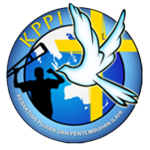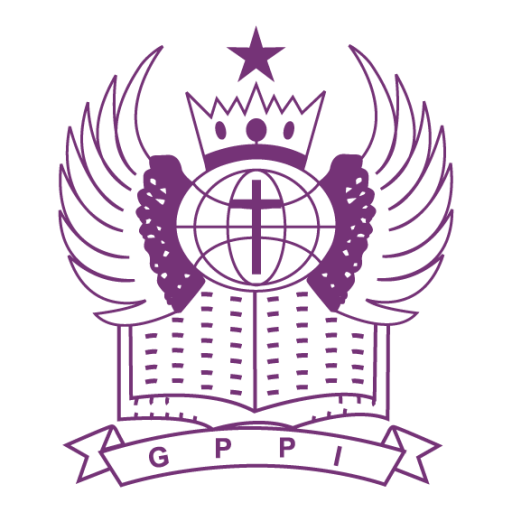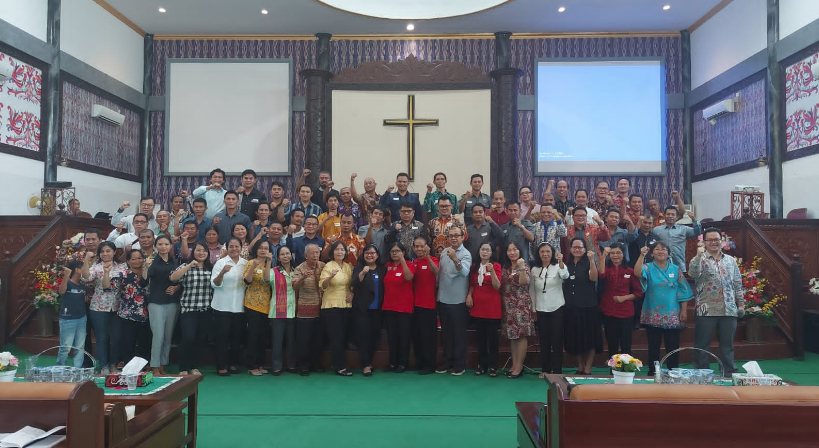
The Servant of God Seminar that took place on August 2 and 3, 2023, was a significant event aimed at preparing for the “Pray for Cities” initiative in the West Kutai region. The seminar brought together various church leaders and representatives to discuss important topics related to their roles as spiritual leaders in a challenging environment. It was attended by 75 participants from 19 churches, from 12 church denominations. Here’s a summary of the key points from each session:
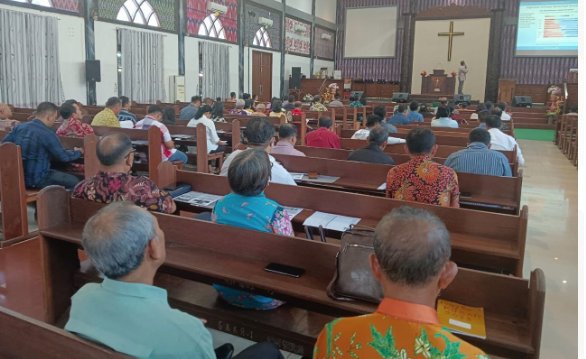
The first session addressed the belief that the current time is considered the “last hour” before the coming of Jesus. This emphasizes the urgency of the situation. Church leaders were reminded of their responsibilities and roles, particularly in West Kutai, where they face numerous challenges and confront the forces of darkness. This session likely aimed to motivate leaders to take action and lead their congregations effectively in such circumstances.
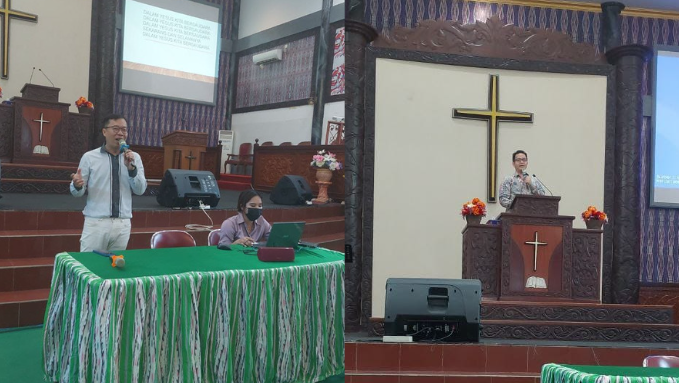
In the second session, the importance of unity among churches and church leaders was emphasized in this session. Cooperation and collaboration between churches were highlighted as crucial aspects of winning souls for Christ in the West Kutai region. Having a shared vision and goal, working as a united body, and avoiding division were all underscored as vital for effective evangelism and reaching out to those who are lost.
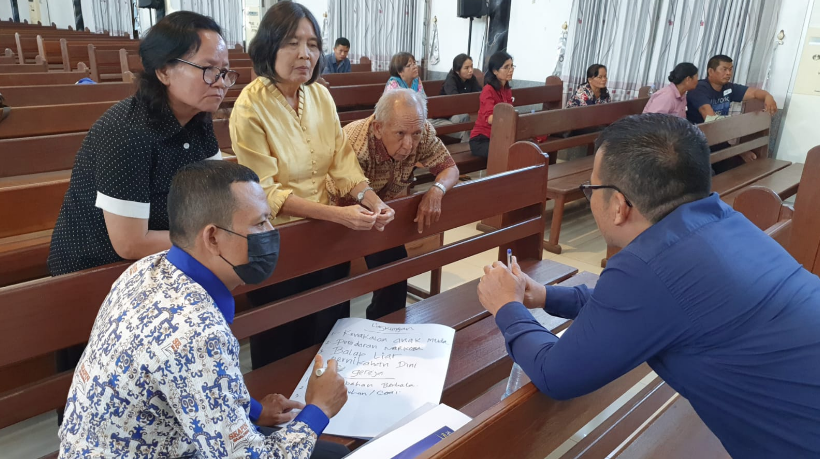
The third session focused on the power of prayer to bring about transformation in the city. The leaders were reminded of their duty to pray for West Kutai and were encouraged to approach God humbly, seeking His mercy. The importance of involving the congregation in continuous prayer and forming prayer groups highlighted the collective responsibility of the church community in interceding for their city’s well-being, revival, and salvation.
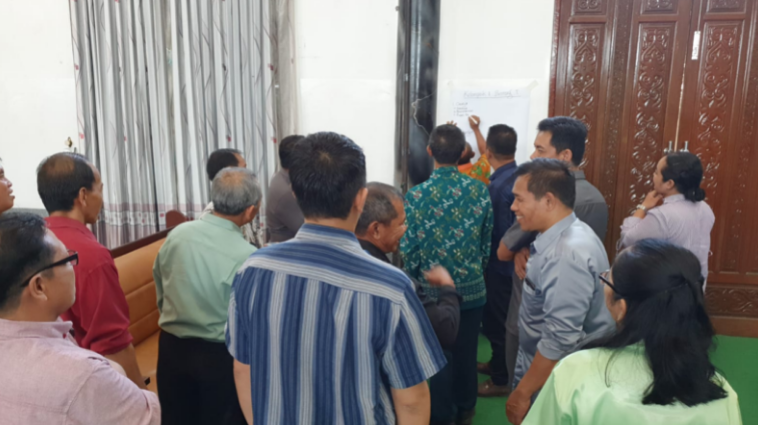
The fourth session, spiritual mapping, the process of understanding the spiritual climate of an area, was discussed in this session. Church leaders were shown the importance of assessing the spiritual needs and challenges in their specific areas of service. Spiritual mapping was presented as a valuable tool for engaging in effective spiritual warfare and bringing about positive change. The willingness of the leaders to honestly assess their circumstances and work toward transformation was appreciated.
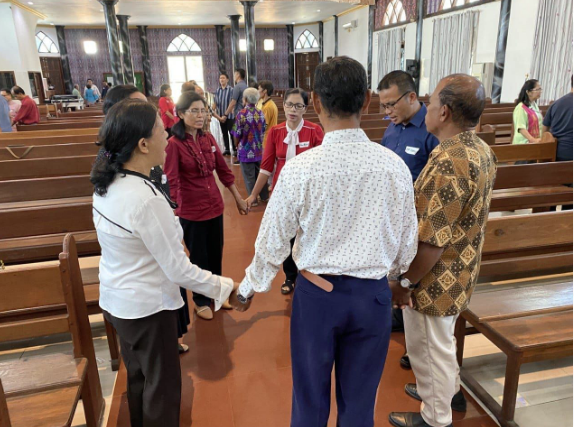
The second day of the seminar focused on the topic of a disciple-making church. The leaders were encouraged to prioritize making disciples, starting with the potential congregants. The significance of providing pastoral care, evangelism, and discipleship within the church community was emphasized. Brotherhood and mutual support among church members were highlighted as foundational elements for both church growth and effective ministry.
Overall, the seminar appears to have provided church leaders with a comprehensive understanding of their roles, the challenges they face, and the strategies they can employ to bring about positive change in the West Kutai region. The focus on unity, prayer, disciple-making, and spiritual warfare reflects a holistic approach to fulfilling their responsibilities as spiritual leaders.

